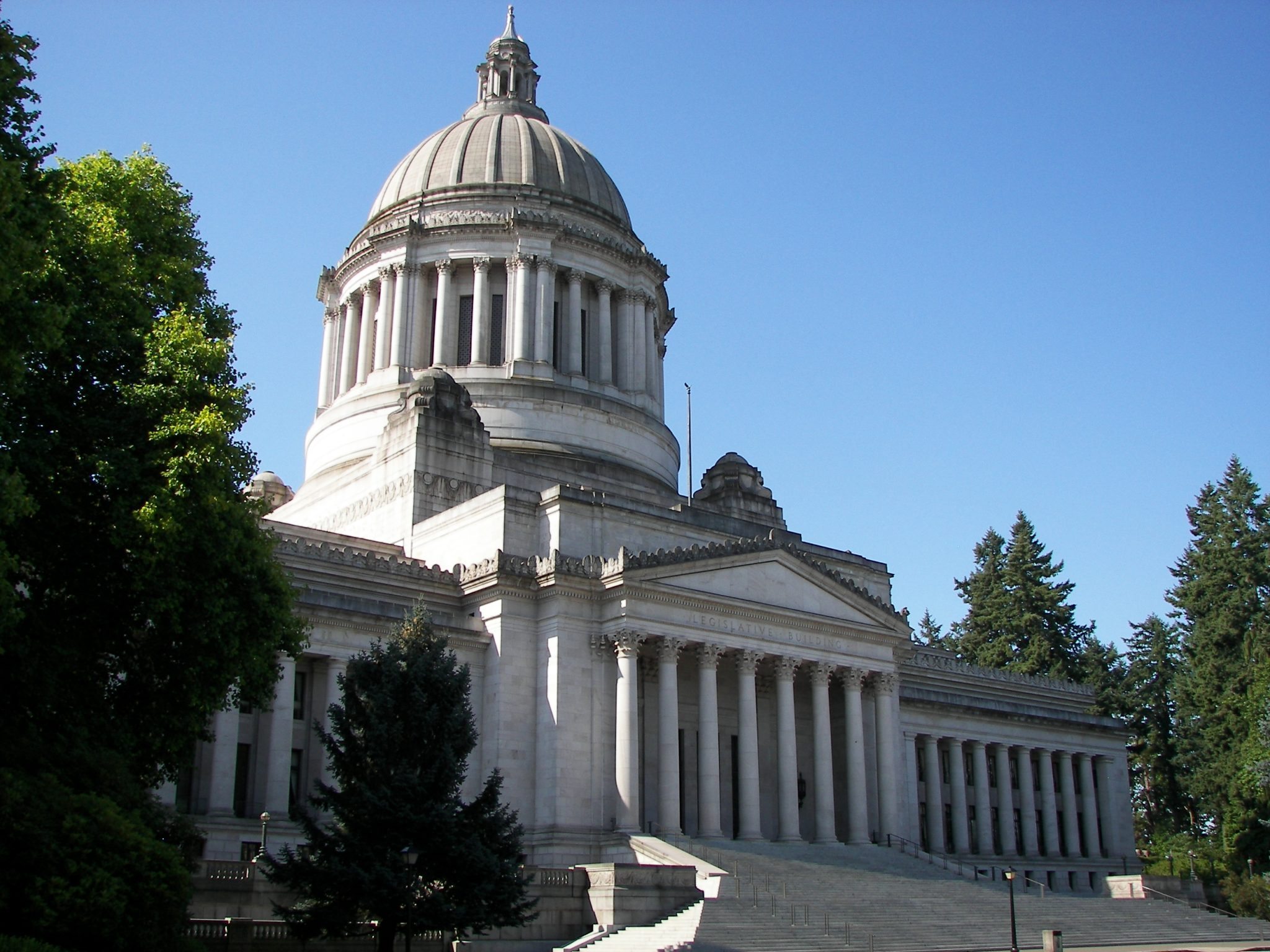Democrat state House Speaker Chopp said in a recent interview, “A tax on capital gains would certainly make our tax system in Washington a lot fairer. It’s definitely something we’re going to look at.” Jay Inslee likes to say that his budget, which includes $1.5 billion in tax hikes for 2015-17, would make Washington State’s tax system fairer because it seeks to implement a capital gains tax.
To many liberals, a capital gains tax—taxing investment income on anything from selling stocks to selling property—may sound “fair.” The argument for the tax’s “fairness” may even become more persuasive when a politician, like Inslee, promises a 7% tax would only impact the sale of stocks, bonds and other assets above $25,000 for individuals and $50,000 for those who file jointly. Though, it should be noted that Inslee broke another promise having to do with taxes in a big way.
Indeed, Democrats have billed a capital gains tax as the answer to Washington State’s budget woes. Inslee insists that the tax would generate nearly $800 million during the 2015-17 budget cycle. However, the facts indicate that a capital gains tax is not a stable revenue source. The Washington Policy Center’s Jason Mercier cited “a fiscal note from a House bill that would have implemented a capital gains tax two years ago that called it ‘extremely volatile.’” Mercier wrote, “In a state that budgets for a two-year period and is required to project being balanced over four years, ‘extremely volatile’ and ‘unpredictable’ do not seem to be the best building blocks for a solid, fiscally sound, secure and stable budget.”
Democrat House Rep. Reuven Carlyle, chair of the Finance Committee, agreed with Mercier’s analysis of the tax, but “believes a capital gains tax could be done in ways that would keep it from being a revenue roller coaster.” For his part, Inslee addressed the criticism by saying he thinks “it’s a lot less risky than zero.” He went on to re-iterate that the tax was fair—a line Democrats are sure to adopt in the upcoming legislative cycle.
That brings us back to the question: is a capital gains tax really all that fair? Considering the disproportionate impact the tax has in the long term, no.
As Shift recently reported, a study conducted by the Tax Foundation found that our nation’s high capital gains tax—let alone an additional state-level capital gains tax—is “problematic, because the capital gains tax creates a bias against savings, slows economic growth, and places a double-tax on corporate profits.” Additionally, the Tax Foundation points out that “although these problems with the capital gains tax are well known, there is a more subtle issue with the tax that makes it even worse for taxpayers than these conventional concerns suggest.” The Tax Foundation,
“Under the federal tax code, the increase in an asset’s price is determined as the nominal amount (i.e., not adjusted for inflation). When an asset (often a stock) is sold above its purchase price, a gain is realized and is taxed. Any capital gain due to inflation is not accounted for, and the taxpayer is taxed on both their increase in income and on increases in prices economy-wide. As a result, the effective tax rate on the real (inflation indexed) capital gain has exceeded the statutory rate every year since 1950 and has averaged around 42 percent.
“In some instances, the practice of taxing the nominal gain can lead to an infinite effective rate on real capital gains when the increase in price is only due to inflation. In fact, if a taxpayer purchased an average stock in 1999, 2000, or 2007 and sold in 2013, they would be taxed entirely on inflation.”
Is it fair to tax an investor on stocks or property that increased in price only due to inflation? Is a tax that creates bias over saving and investment fair?
The Tax Foundation certainly doesn’t think so. The study concludes that repealing the capital gains tax is the best course of action in order to “stop the damaging practice of taxing individuals on inflation” and “produce positive long-term dynamic effects for the economy.”
It seems to us that, if Inslee is so concerned with fairness, he would be better off sticking to his campaign promise to veto any new taxes, not destroy voters’ trust by breaking his promise.




